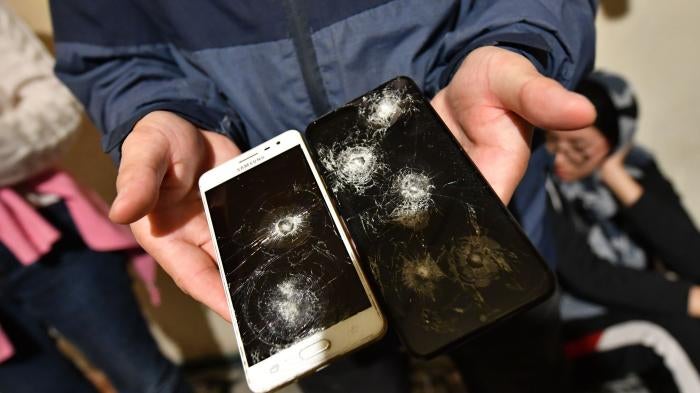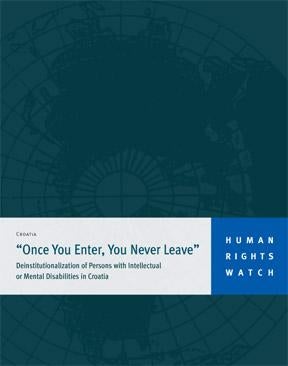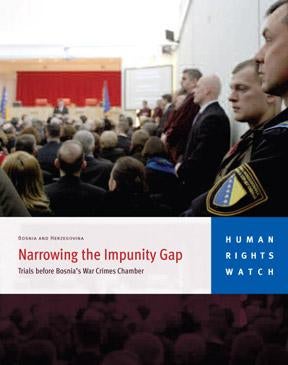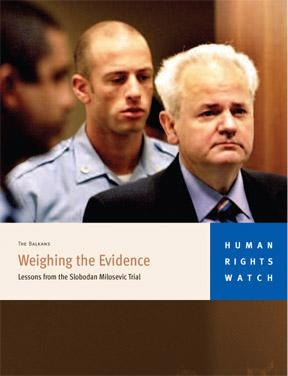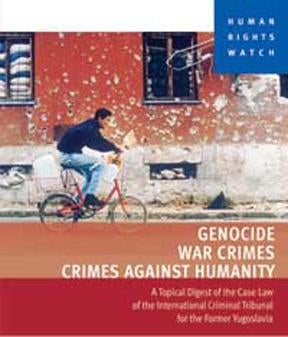“Like We Were Just Animals”
Pushbacks of People Seeking Protection from Croatia to Bosnia and Herzegovina
The 94-page report, “‘Like We Were Just Animals’: Pushbacks of People Seeking Protection from Croatia to Bosnia and Herzegovina,” finds that Croatian authorities engage in pushbacks, including of unaccompanied children and families with young children. The practice is ongoing despite official denials, purported monitoring efforts, and repeated – and unfulfilled – commitments to respect the right to seek asylum and other human rights norms. Border police frequently steal or destroy phones, money, identity documents, and other personal property, and often subject children and adults to humiliating and degrading treatment, sometimes in ways that are explicitly racist.

